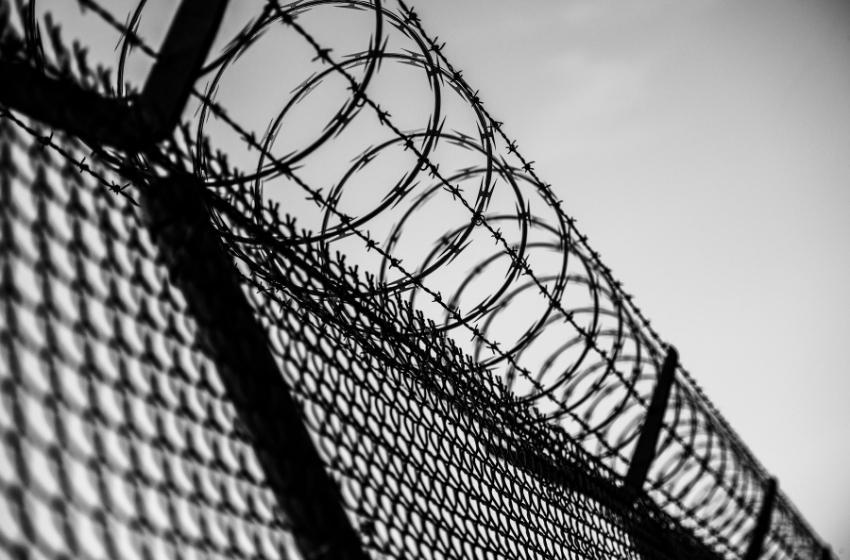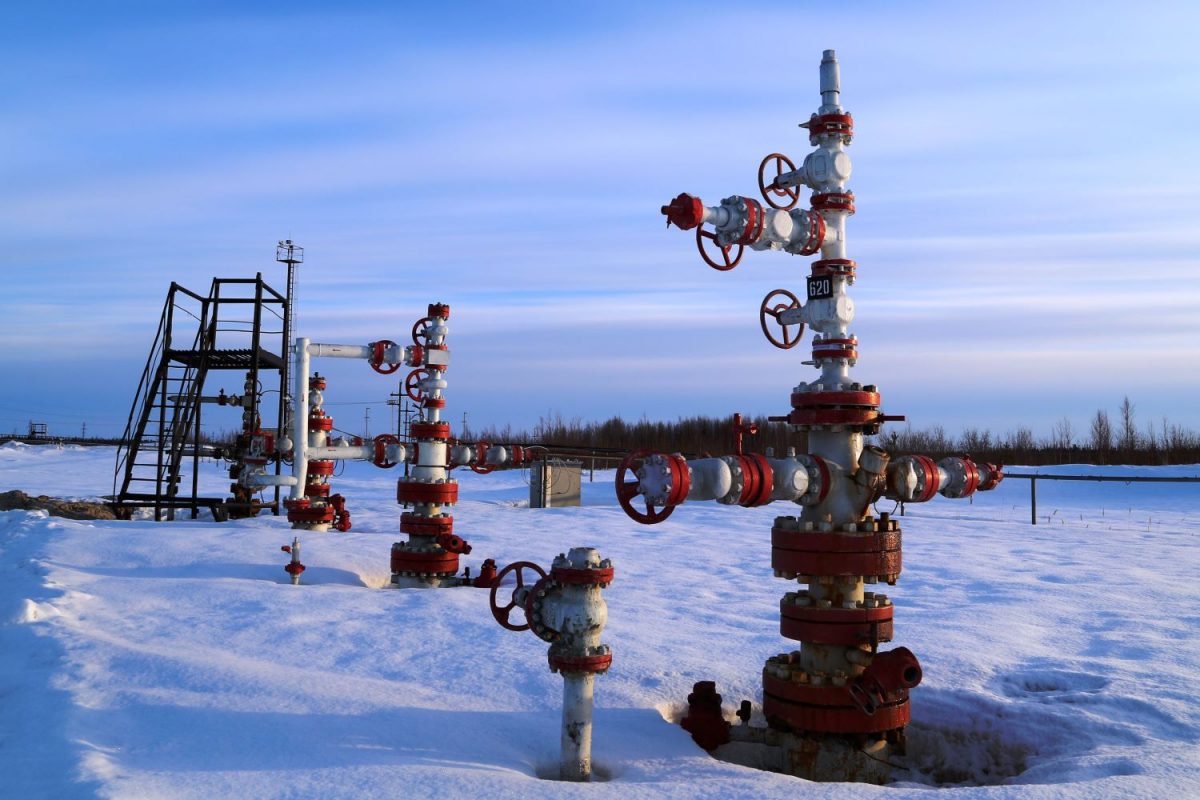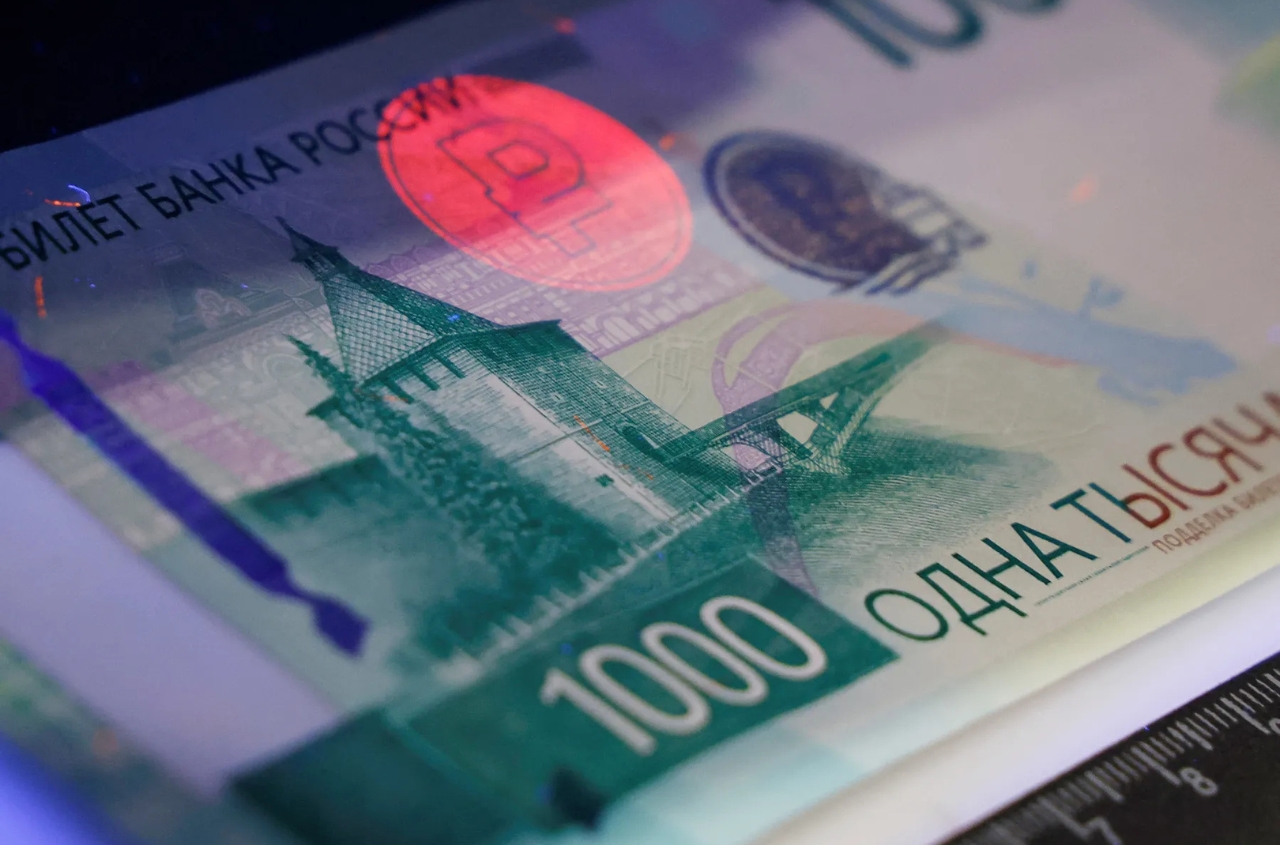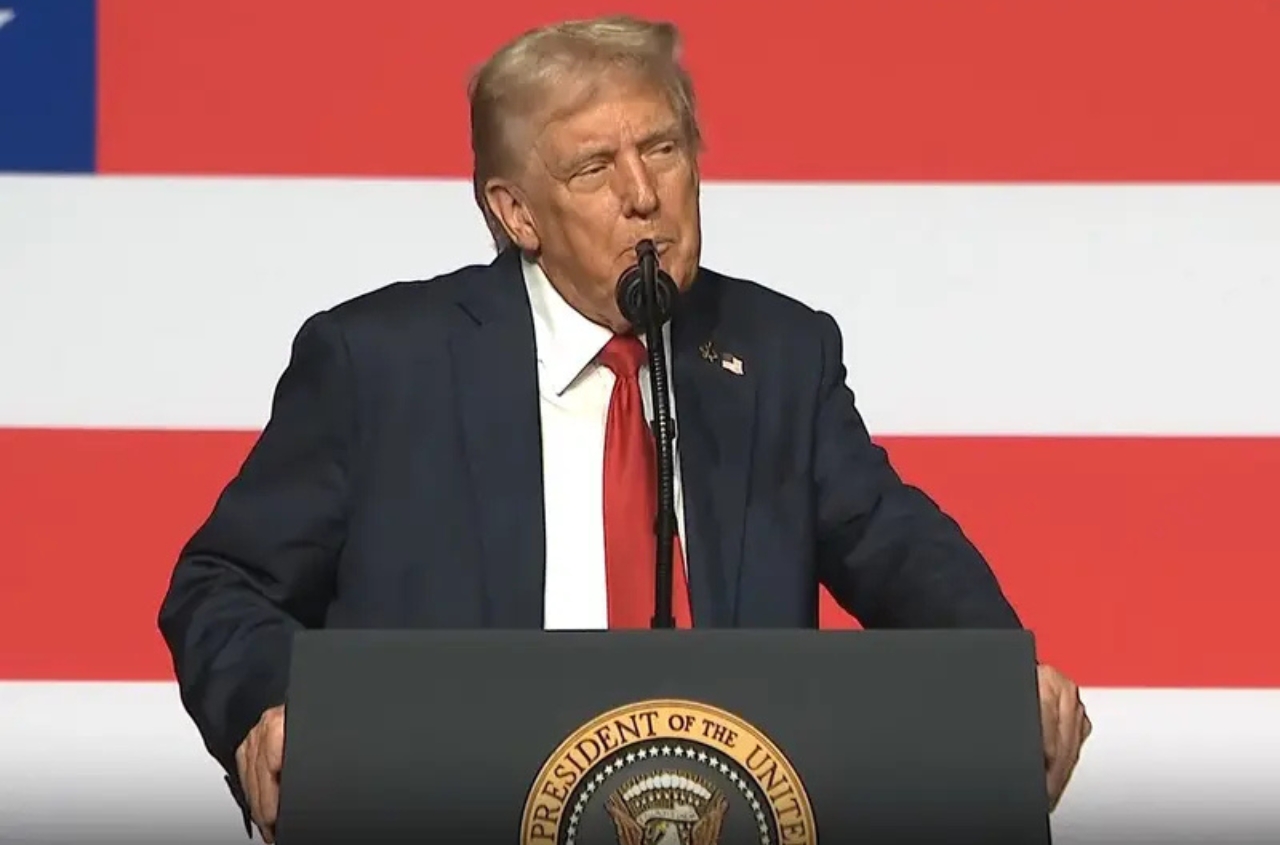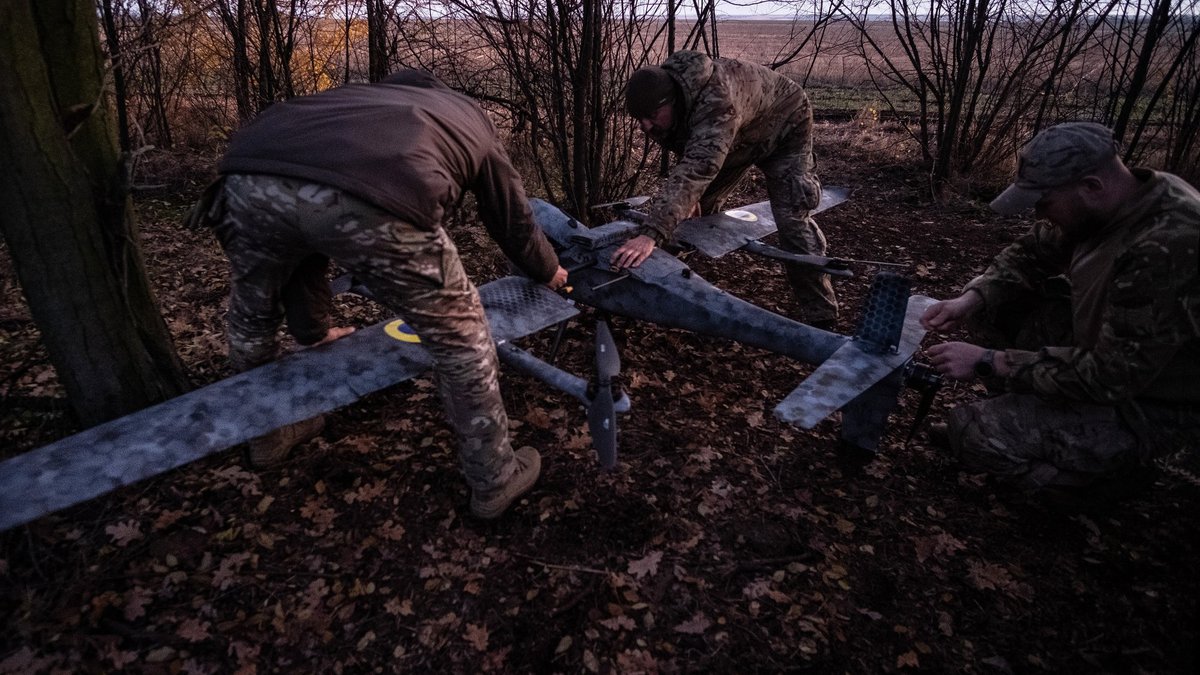First of all, we are talking about the law on the activities of so-called "foreign agents". If before this category in the Russian Federation included structures that receive direct foreign financing, now they will be considered all those under "foreign influence". The boundaries of this "influence" in the law are extremely blurred: "the provision by a foreign source to a person of support or influence on a person, in particular by means of coercion, persuasion or other means." So "foreign agents" can be classified as virtually any.
The signed law prohibits "foreign agents" from working in the civil service, participating in election companies, teaching minors, conducting educational activities, and receiving support from the state. Money of "foreign agents" in bank accounts is not subject to insurance.
A separate law introduces additional regulation in the field of media operation. It is about "countermeasures in response to the discrimination of Russian mass media abroad." It allows the Prosecutor General to ban the activities of foreign media in Russia in case of "hostile decisions against Russian media abroad" and without a court decision to deprive the media of their licenses for "fakes about the armed forces of the Russian Federation", calls for uncoordinated actions and speeches against the war.
Another law prohibits placing advertisements on foreign Internet resources, to which Roskomnadzor "applied coercive measures." He also introduces fines for search engines if they do not inform users about violations committed by Internet resources.
The so-called "landing" law provides fines for foreign IT companies that refuse to comply with the requirements for establishing a full-fledged representative office in Russia.
There is a separate group of laws directly related to the war in Ukraine. In particular, the law on responsibility for actions "against the interests of the Russian Federation" equates switching to the enemy's side in an armed conflict to treason and prescribes a punishment of up to 20 years in prison. They can be sentenced to the same term if a citizen of Russia or its resident participates in military operations for "contrary to the country's interests."
Article 282 of the criminal code (incitement of hatred or enmity) was supplemented by a ban on the propaganda of "Nazi symbols or symbols of extremist organizations." A data bank of extremist materials is being created. It will also include the data of people involved in "extremist organizations" work.
Leaving the country of a Russian who has access to state secrets will be punishable by imprisonment for up to three years. Illegal transfer or forwarding of media containing state secrets will be punishable by up to four years in prison.
One of the signed laws introduces "special measures" in the economy during "counter-terrorism and other" operations abroad. According to this law, the government gets the right at its own discretion to change the working regime in some organizations - including involving employees to work overtime, on weekends, and at night. In addition, private companies will not be able to refuse to conclude contracts within the framework of state procurement or state defense orders. Repair crews, doctors, and other specialists who serve the army during the "special operation" will have veterans' status and corresponding social support measures. Military correspondents can also count on them.
Another signed law regulates the use of torture. However, the word "torture" does not appear in the text of the law itself. Instead, the definition of "exceeding authority" is used. Their use is punishable by up to 15 years of imprisonment. However, if the actions of law enforcement officers are considered legal, then in this case, torture will not be considered torture, and there will be no punishment for it.









